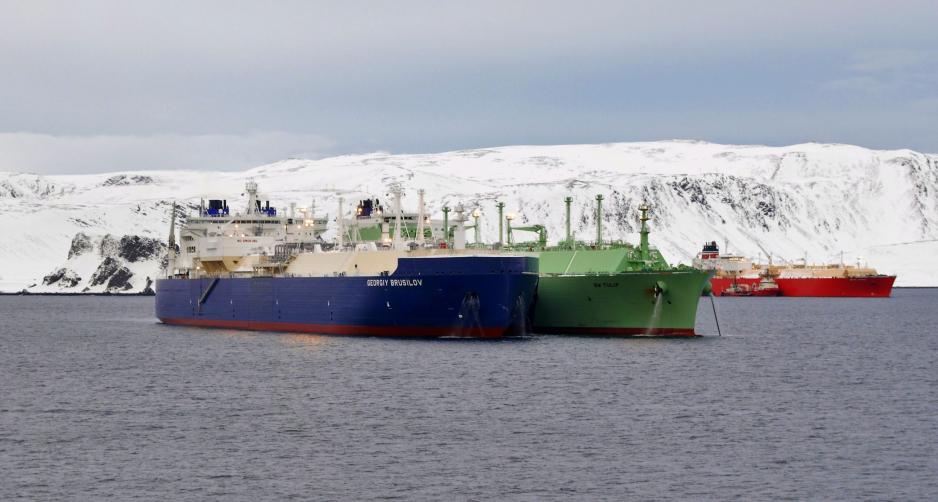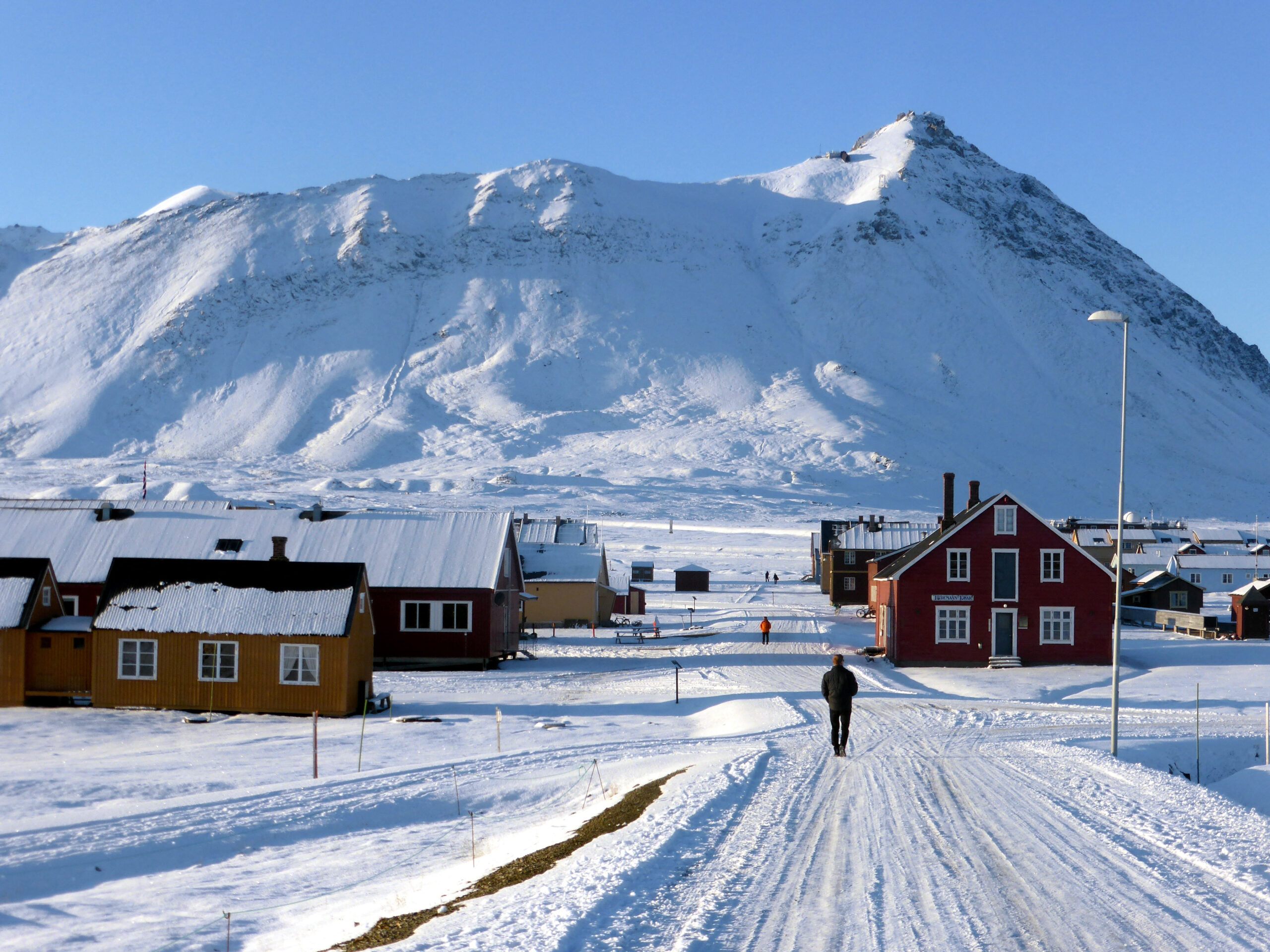 By Al-Zaquan Amer Hamzah and Panarat Thepgumpanat
By Al-Zaquan Amer Hamzah and Panarat Thepgumpanat
KUALA LUMPUR/BANGKOK, May 14 (Reuters) – Thousands of migrants adrift in Southeast Asian seas have nowhere to go after Thailand declined permission for a boat to land on Thursday and Malaysia said it would push boatpeople back out to sea.
Smugglers have abandoned ships full of migrants, many of them hungry and sick, following a crackdown on human trafficking in Thailand, the most common first destination for Rohingya Muslims fleeing persecution in Bangladesh and Myanmar.
Thailand would not permit a boat with 300 migrants, including many women and young children, found drifting in its waters on Thursday to land, officials said.
“We declined them entry to the country but we gave them food and water to adhere to our human rights obligations,” regional police official Major General Puttichat Akhachan told Reuters.
The boat was found 17 km (10 miles) off the coast of the southern island of Koh Lipe. TV pictures showed crying mothers and young children pleading for help.
The U.N. refugee agency UNHCR has warned the situation could develop into a “massive humanitarian disaster” and has said governments should rescue the boatpeople rather than send them on their way.
Many of the arrivals are Rohingya, a stateless people described by the United Nations as one of the most persecuted minorities in the world.
Somchai Na Bangchang, a rear admiral in the Royal Thai Navy, said migrants on the boat found on Thursday did not want to land in Thailand but instead wanted to go to Malaysia or Indonesia.
But an NGO that has been in contact with the boat for several days said it was turned away by Malaysia on Wednesday after Thai fishermen had towed the boat into Malaysian waters.
Malaysian sailors dragged the boat back towards Thailand, said Chris Lewa of the Arakan Project, which tracks the migration of stateless minority Muslim Rohingya from Myanmar.
Malaysia said on Thursday it would push boats full of migrants back to sea, a policy that has drawn criticism from the UNHCR.
“We are sending them the right signal, to send them to where they came from,” Malaysian Deputy Home Minister Wan Junaidi Tuanku Jaafar said.
“Their country is not at war. If there is nothing wrong with the ship, they should sail back to their own country.”
An estimated 25,000 Bangladeshis and Rohingya boarded rickety smugglers’ boats in the first three months of this year, twice as many in the same period of 2014, the UNHCR has said.
“The first priority is to save lives,” said Volker Turk, the UNHCR’s Assistant High Commissioner for Protection, in a statement on Wednesday. “It is key for states to share the responsibility to disembark these people immediately.”
Malaysia said the UNHCR should find another country for the migrants.
“I don’t see why we are under pressure,” Wan said. “We are doing what we think we should do. We have to consider what our people want to see us doing. They don’t want to see immigrants come into our country.”
Thailand, too, said it needed help from international organizations.
“We have fielded the country’s borders and will not let Rohingya into Thailand,” said national police chief Somyot Pumpunmuang.
“These international organizations shouldn’t just make requests without providing support through funding and budgets.”
Thailand ordered a clean-up of suspected traffickers’ camps last week after 33 bodies, believed to be of migrants, were found in shallow graves near the Malaysian border.
The crackdown has made traffickers wary of landing in Thailand, the preferred destination for the region’s people smuggling networks, and led to a surge in migrants to Indonesia and Malaysia.
The navies of both Thailand and Indonesia had said their policy was to offer food and water to migrants on Wednesday and not to send boats back out to sea.
But Thai government officials have said the country is not receiving boatpeople – that is why they are arriving in Malaysia and Indonesia.
More than 1,600 migrants arrived in Indonesia and Malaysia at the weekend and are on land. But Indonesia provided food, water and medical supplies to around 500 on another boat off the coast of the northwestern province of Aceh on Monday, before sending the vessel towards Malaysia.
“There is some confusion on policy,” Vivian Tan, the spokeswoman for UNHCR in Thailand, said on Thursday. “The numbers are quite overwhelming.”
The United States last year downgraded Thailand and Malaysia to its list of the world’s worst centers of human trafficking, dumping them in the same category as North Korea and Syria. (Additional reporting by Kaweewit Kaewjinda in BANGKOK; Writing by Simon Webb and Aubrey Belford; Editing by Nick Macfie)
(c) 2015 Thomson Reuters, All Rights Reserved
In depth report via CNN:

 Join The Club
Join The Club










